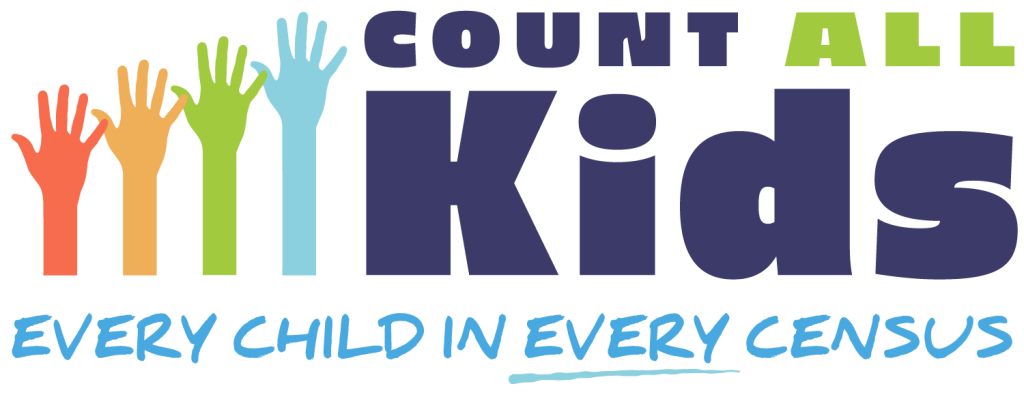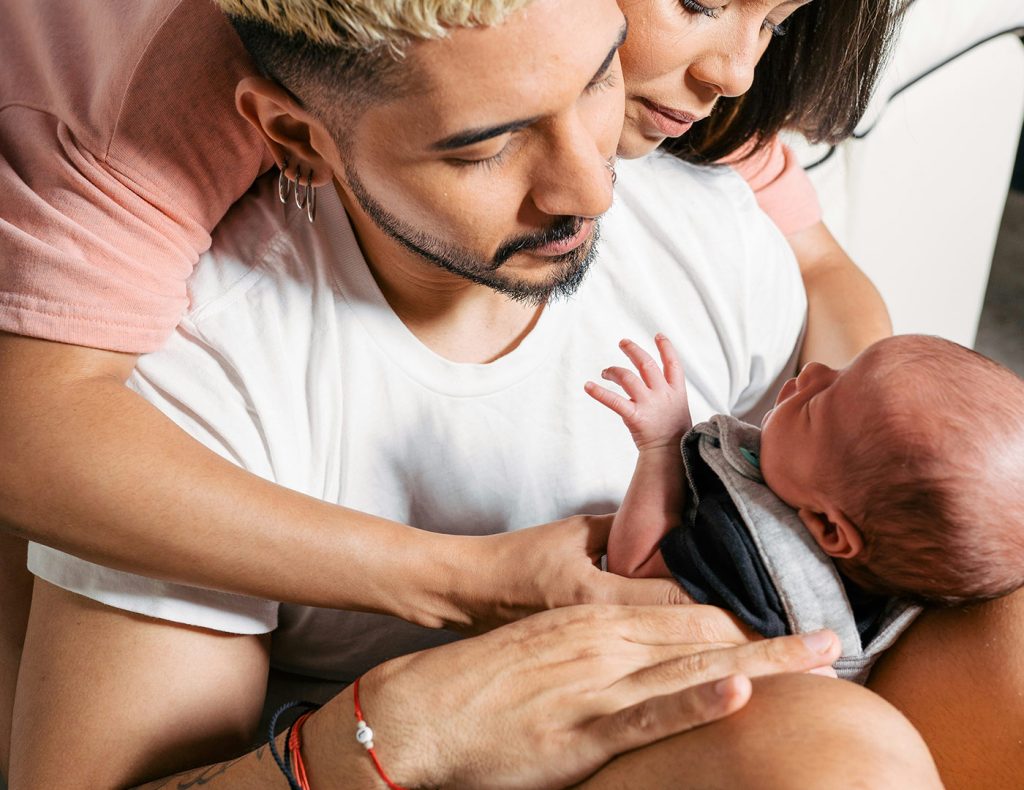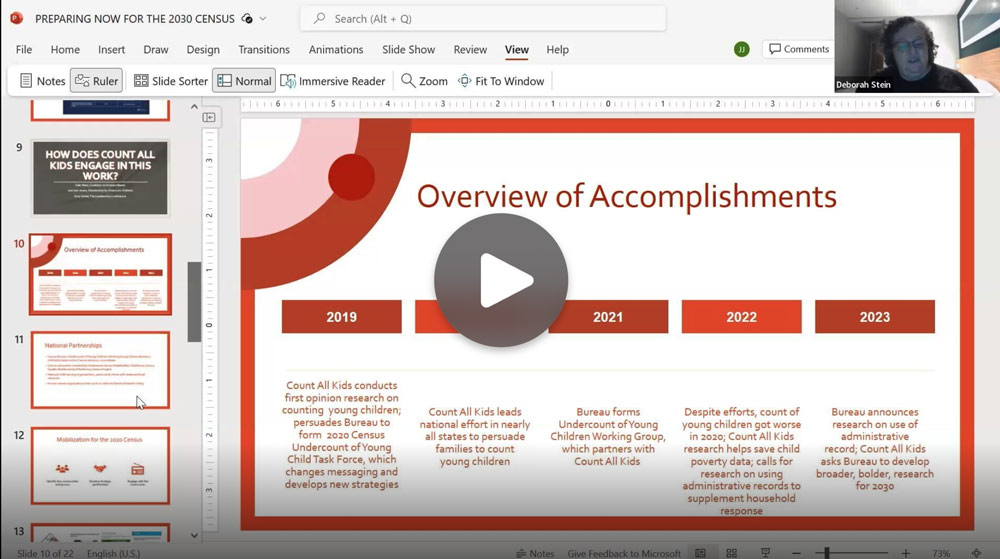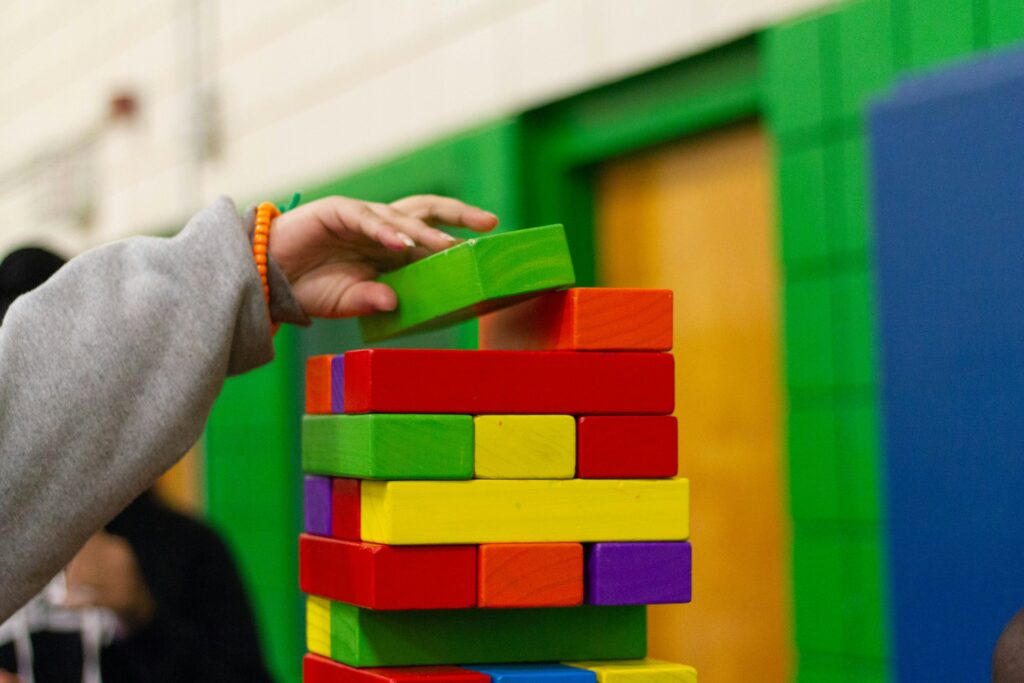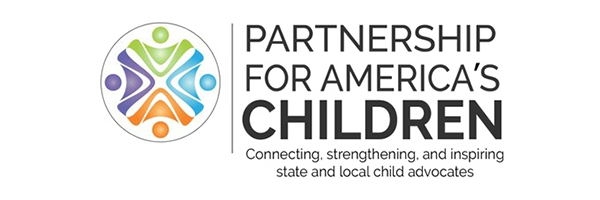When we miss young children in the census, children and families lose out. Federal funds for children and families are reduced or misallocated, communities lose political power in redistricting for Congress, state legislatures, county councils and school districts, and the data that we rely on as advocates is less accurate. Unfortunately, the 2020 Census had a net undercount of more than 5% of young children—more than one in 20 children. In many communities the undercount was much worse, deepening a trend that has been a growing problem since 1980.
Since 2018, the Count All Kids Campaign has been working to ensure that all young children are counted in the Census and Census Bureau surveys, and that the data collected is as accurate as possible.
In this webinar, we share about the work we do and what you can do now to start preparing for 2030. Topics include how an undercount harms children, what we have been doing to improve the data from 2020 and to prepare for 2030, and what you can do in 2024, including starting to advocate for state and local Complete Count Committees.
